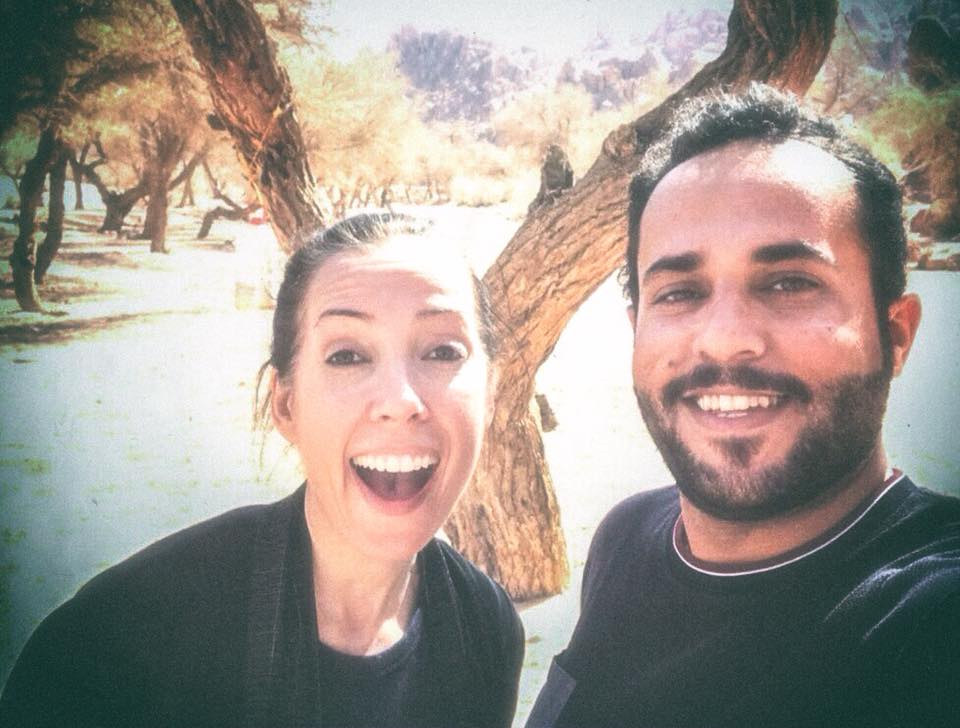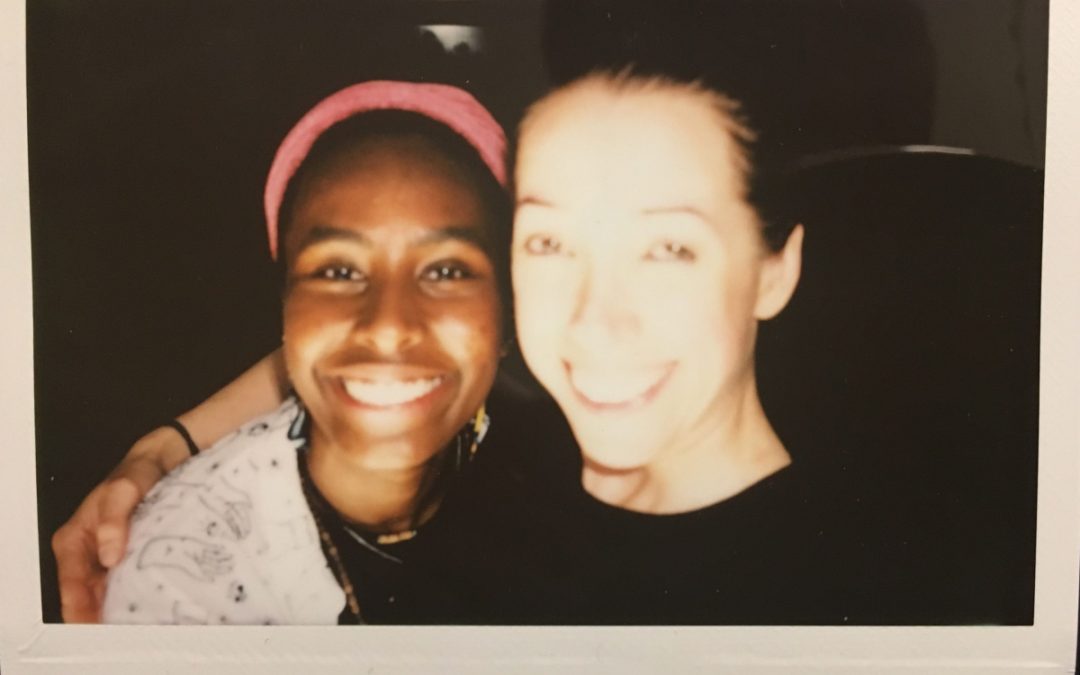As society tries to piece together a year of catastrophic global crisis, interest in and demand for Photojournalism has risen dramatically. Just two weeks ago, it was announced that Ukranian Photojournalists will receive the Lovejoy Award for Courage in Journalism. They are undoubtedly, in the words of Anastasia Taylor-Lind, ‘creating vital historical documents.’
Earlier this year, we spoke with acclaimed Photojournalist Alex Schalcher, who published A Kingdom Unseen with Medina in 2022. Her latest book is a moving collection of portraits and stories of the people of Saudi Arabia. This is a country on the cusp of change, but also one whose everyday citizens have long been unknown to the rest of the world. Schlacher went on an eager search for its people and culture and was not disappointed.
A Kingdom Unseen follows the success of Schlacher’s debut title Arc of the Gurkha, which documented the careers of Gurkha soldiers in the British Army. The book featured on BBC World News and the BFBS, and was shortlisted for the 2015 British Book Design & Production Award.
Where did this idea begin for you?
I had met people from Saudi Arabia over the years and was always surprised because none of them were what I expected. I kind of had an aha-moment by noticing my own prejudices towards a country I knew very little about. I started paying a bit more attention and realised that no one reported on regular Saudi citizens. Everything I found about Saudi Arabia was political or had to do with human rights, religion or the Royal Family, so the focus in the media has always been quite narrow. I started getting curious about the 34+ million people living there. Who they were, and what their lives were like.
How did you find your subjects? Was there a unique process for each discovery, and was there a particular encounter that stood out to you?
I found the individuals I portrayed mostly through word of mouth. Someone knew someone who knew someone – which was ideal, and led me to travel the entire country. Each person was very different, and I wanted to feature their individuality but at the same time our common humanity. I couldn’t pick just one person because they were all incredibly interesting, but I did forge friendships there that have endured.

Alex with Sultan, Travel documentary filmmaker and event company founder.
Above with Khadija, Dance teacher.
How long did the project take, and were there any challenges during the process whilst travelling?
I came up with the idea in 2017 and the initial challenge for these projects is always financing. I was lucky to have found the King Faisal Center for Research and Islamic Studies, who loved my idea and agreed to support it financially. The challenges during travelling were few and mostly logistical. I found the people I met there warm, extremely welcoming, and I felt very safe travelling around – also not the norm when you travel as a woman.
What is your process and are there any specific sources of inspiration for you?
I usually have one or two project ideas in my head. Sources of inspiration could come from anywhere really – newspapers, literature, a podcast episode I’ve heard. I have started several projects that ended up not going anywhere (yet) because things sometimes just don’t work out, but generally, I spend a very long time researching before I talk to anyone about an idea.
When I get the feeling the project could lead somewhere, I start reaching out to see whether I can get connections or more information. I then start doing it – taking a few pictures, doing a few interviews, so I can cobble together a project brief I can use to get financing. Sometimes those steps overlap – for my Gurkha project, I had to stop several times while I was doing it in order to try and raise more funds before being able to continue.

It is clear that you build a strong connection with each of your subjects. How did photographing these individuals feel for you? Was it different from previous work in any way?
Every project is completely different, every person is completely different, but when I take someone’s picture, it’s always a privilege. Someone is allowing me to see a little glimpse of who they are. Someone is taking the time to talk to me about their life. I feel gratitude, and I’m genuinely interested in people, especially the ones who say they’re actually really boring, and they don’t understand why I would be curious about them. Those are the hidden gems.
We know from your previous book Arc of the Gurkha that revealing and representing individuals and their humanity is important to you. What would you like readers and audiences to learn from your book?
Really that we have to approach every person we meet on two levels – one is their own individuality, culture and personality, which is interesting and always much more complex and deep than we expect. And the second one is that we all have a common humanity and are much more similar than we think, even if we come from a completely different place. If people were more aware of this, it would eliminate many of the world’s problems.
If just one person sees Saudia Arabia’s inhabitants through a more multi-faceted and diverse lens by looking at my book, I’ve done my job.

